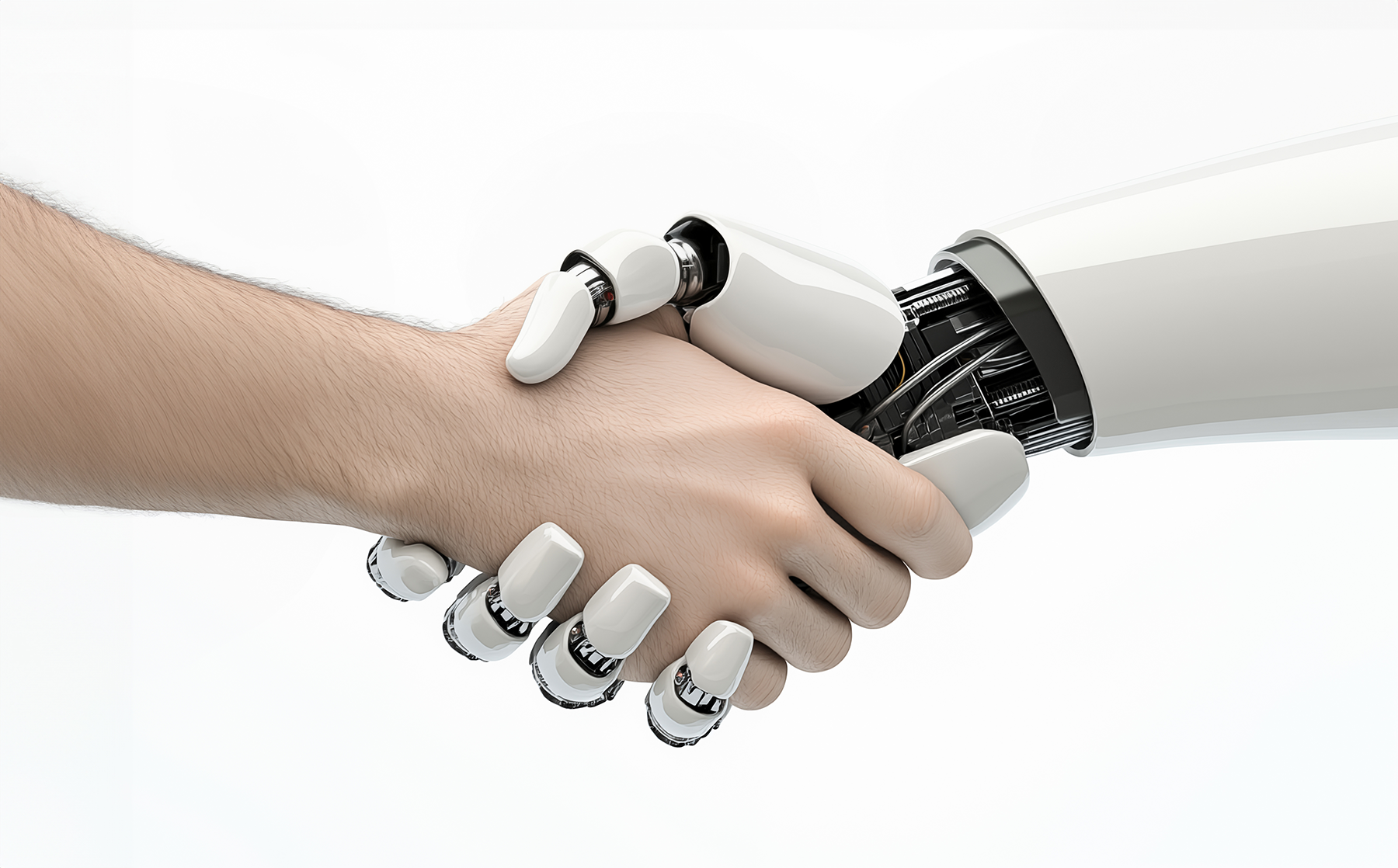Fears about AI taking jobs mirror past concerns around computers and other technologies, but historically, new tech has consistently created more jobs and boosted productivity, suggesting AI will likely follow this familiar and beneficial pattern.

From blockbuster movies to coffee shop chatter, the fear of Artificial Intelligence (AI) stealing jobs has become a hot topic. It's easy to imagine futuristic robots stepping into our shoes—literally and figuratively—but history tells us this isn't the first time we've had these worries. Let's take a light-hearted look back at similar technological panics and why our fears might be misplaced.
When Computers Were 'Job Thieves'
Flashback to the mid-20th century: the computer arrives, a massive, room-sized machine that initially seemed poised to replace human workers entirely. Headlines screamed about job loss, unemployment, and a dystopian future run by machines. But did that happen? Quite the opposite. The invention of computers didn't just preserve jobs—it created countless new ones. Suddenly, entirely new professions emerged, from programmers to system analysts, and productivity soared across industries.
Computers took on mundane, repetitive tasks, allowing humans to shift their focus toward innovation, creativity, and tasks requiring nuanced human judgment. Industries blossomed and evolved in ways previously unimaginable, generating far more employment opportunities than they displaced.
Fear Through History: A Familiar Pattern
This wasn’t an isolated case. Think back to the Industrial Revolution, when weaving looms and steam engines appeared. Many feared these new technologies would eliminate entire categories of employment. And while certain traditional roles did vanish, far more opportunities emerged in manufacturing, transportation, and infrastructure, fueling an unprecedented economic boom.
Similarly, the advent of the automobile raised fears for the horse-and-buggy industry. Jobs for blacksmiths and stable workers declined, but countless opportunities arose in automobile factories, dealerships, and a vast network of supporting industries. Once again, technological innovation resulted not in fewer jobs, but in different, often more rewarding employment.
AI: The New Kid on the Block
Today, AI is simply the latest technology triggering job-related anxieties. AI-powered automation does indeed take on routine tasks—but rather than leaving us jobless, it frees us to engage in more strategic and creatively fulfilling roles. With AI handling data entry, scheduling, and initial customer inquiries, humans are left to focus on innovation, relationship-building, and complex decision-making tasks that no machine can fully replicate.
Moreover, AI itself is creating new jobs, from data scientists and AI trainers to specialists in ethics and governance. Entire industries are emerging to support AI technology, much as they did with computers, automobiles, and weaving looms in the past.
Embracing Change, Not Fearing It
History consistently shows that technological advancements create more jobs than they destroy. AI will likely continue this pattern. Rather than fearing AI, we should view it as a powerful tool enhancing human productivity and potential. Just as previous innovations have shaped dynamic new landscapes of opportunity, AI stands ready to do the same.
So, next time you hear someone express fears about AI taking jobs, remind them of our historical track record. Odds are, in a few years, we'll all be wondering why we were so worried in the first place!